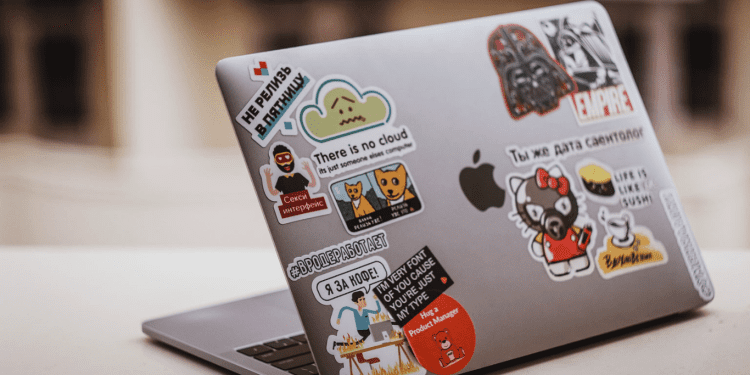What is ownership?
What is ownership? The first thing to understand is that there are two types of ownership: legal and economic. Legal ownership means you have rights over an object or property; it can be used as evidence in court (e.g., if someone steals your car).
Economic ownership means you have control over something — you can use it, sell it, give it away… all sorts of things. The difference between these two types is significant because they determine how much power each type has when dealing with the other type of owner. For example, suppose you own a car legally but not economically (i.e., You don’t have any control over its use). In that case, no one else can decide on your behalf regarding my car without your consent. I.e., You can still make decisions on my behalf regarding its use even though others may not agree with those decisions (because you have full legal rights). On the other hand, if I only own my car economically but not legally (i.e., You don’t have any rights or access to anything related to owning a vehicle), then anyone who wants access to that vehicle must get permission from you before using or selling it — i.e., still being able to make decisions on behalf of yourself regarding its use even though others may not agree with those decisions (because at least some people will disagree with what decision was made).
In short: economic ownership gives us more freedom than legal ownership allows.
NFTs Value
NFTs will change both forms of ownership by allowing us greater flexibility in managing our assets while sharing them freely among friends and family without needing their consent. This means that people won’t need everyone else’s permission to give gifts or buy/sell items online as long as everyone involved agrees that such activities are ok beforehand.
NFTs enable all to participate equally regardless of location geographically. This means no longer having restrictions based on which country owns an asset. Think back to just a few years ago when Bitcoin was created: most people were excited by this invention because they could easily send money anywhere around the world almost instantly without having their money tied up in banks and governments.
But once Bitcoin became popular enough for many people around the world to start using it instead, local currency exchanges began popping up everywhere, trying desperately hard to work out ways for users within their borders only want to buy/sell Bitcoins while preventing users outside their walls from doing so too despite laws already existing saying otherwise due diligence should be done whenever moving funds across international borders anyway.
Conclusion
It seems clear that Blockchain isn’t designed well enough for mass adoption yet; until they become easier-to-use tools like email today, nobody will take advantage of them fully unless law enforcement authorities worldwide allow it. So why bother creating blockchain tech at all?
Because once everything becomes decentralized via distributed ledger technology, there won’t be any need anymore for centralized institutions like banks and government agencies like tax collection departments. So, focusing on ensuring blockchain tech gets adopted and all the values that come with it, including NFTs—improves all parts of society.














